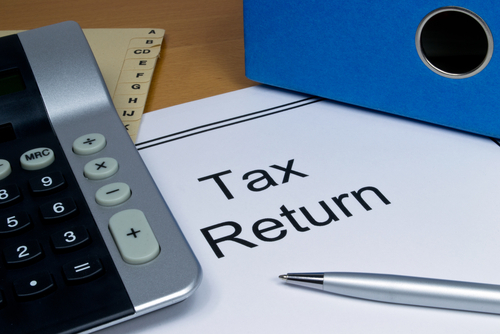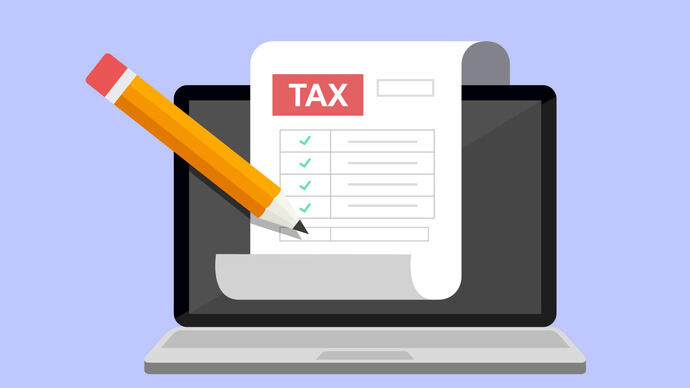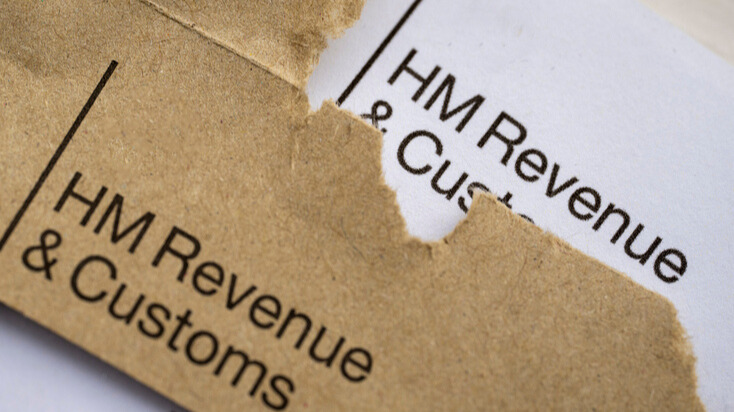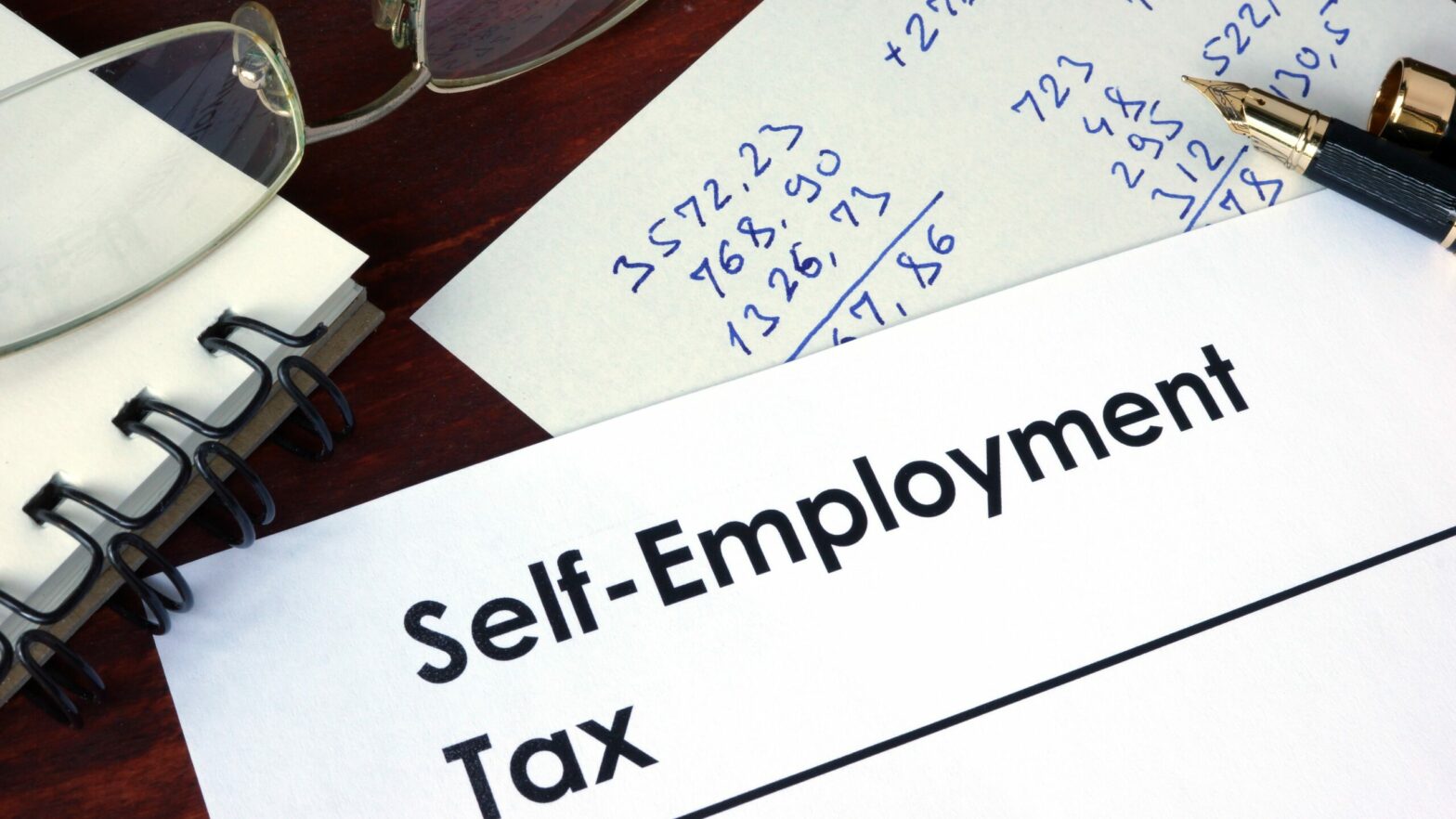1. Understand the financial year
First and foremost: know your dates. A financial year will run between 6th April [year] and 5th April [following year], and any income earned in that time should be included. When you were paid doesn’t matter, the important thing is when the invoice went out. If you sent out your invoice in the current tax year but didn’t get paid until after the deadline, you should still include it.
2. Self-employed pages
Remember that this is only about income generated by your business. HMRC are not concerned by any other income such as personal investment, rental income or other jobs when filling in the self-employed pages. Take the time to differentiate everything that is a direct result of your business and do not blur those boundaries.
This can sometimes be confusing, so get in contact with an accountant to make sure you know what income to include and where.
3. VAT
Separating VAT from your income is a relatively simple sum. However, for those who haven’t invested in financial accounting software don’t forget to remove VAT. If you’re using a spreadsheet at home or at work that you have created, remember to check that you’re not including VAT when logging your receipt amounts. This is a really common problem and it is exactly the sort of mistake that can lead to a fine from HMRC. Triple-check or use software which will account for your VAT correctly and automatically perform this process.
4. Know your UTR
The UTR (Unique Taxpayer Reference) is given to you when you register with HMRC and is required to submit your taxes online. However, if you lose your UTR, HMRC cannot give you a new number over the phone, so you may have to wait a few days before they resupply you with it. If you realise you have misplaced your UTR make sure you apply to HMRC for a replacement at the earliest possible opportunity.
5. Paying
This may sound like the most obvious point of all, but don’t forget to actually pay your tax return! Small business owners, especially if they’re doing this for the first time, will have read a lot about what they need to do to avoid fines and get their tax return in on time, but they must remember to actually pay by the 31st January.
Some can pay their bill directly to HMRC online and they recommend that you do this if eligible. If you aren’t eligible to pay online, you can pay by cheque, cash or debit card at the Post Office.





